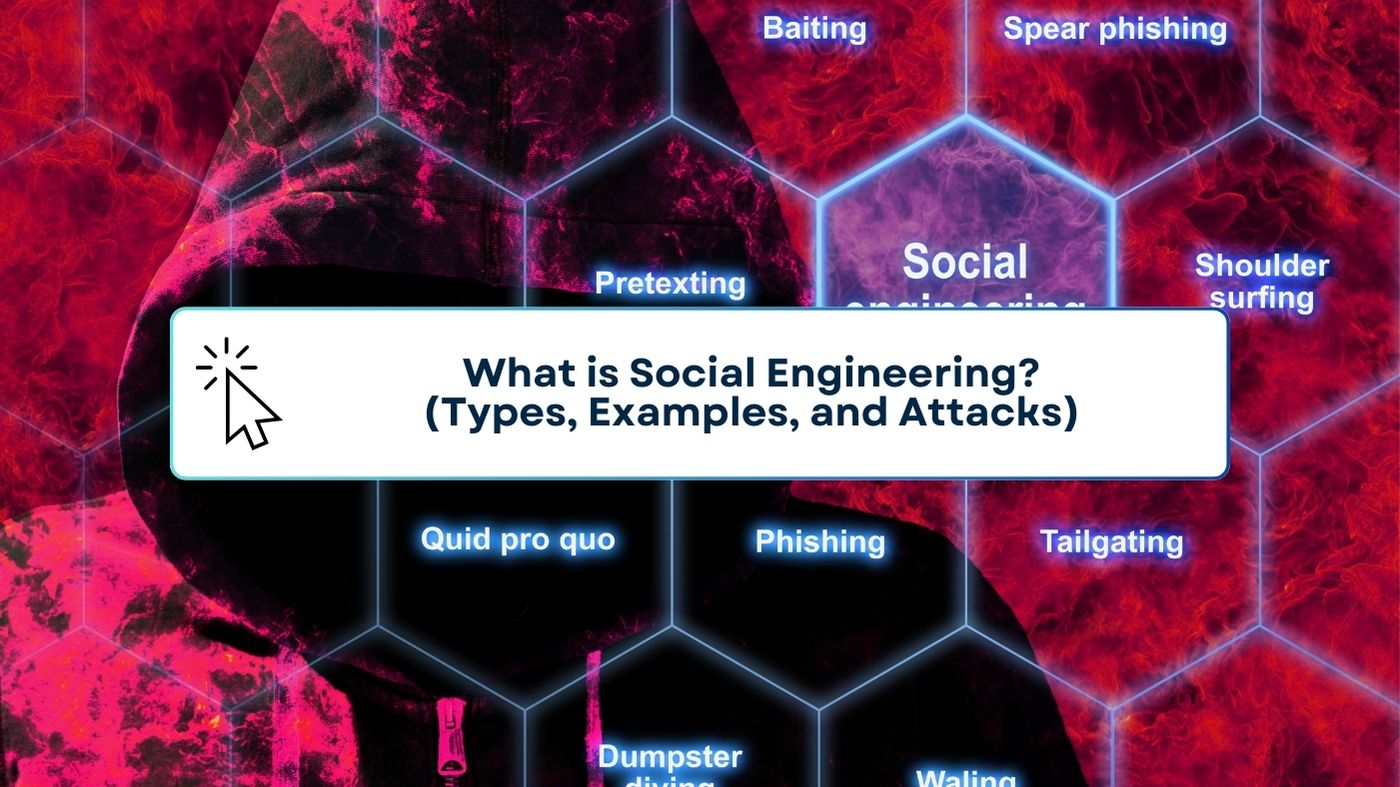In the realm of cybersecurity, one of the most insidious threats is social engineering. Unlike traditional cyber attacks that rely on technical vulnerabilities, social engineering exploits human psychology to gain unauthorized access to systems and sensitive information. Understanding social engineering, its types, and real-world examples can help you recognize and defend against these deceptive tactics.
What is Social Engineering?
Social engineering is a manipulation technique that exploits human error to gain private information, access, or valuables. The attacker tricks an individual into divulging confidential information or performing actions that compromise security.
Types of Social Engineering Attacks
- Phishing
- Phishing is the most common form of social engineering. Attackers send fraudulent emails or messages posing as legitimate entities to trick recipients into providing sensitive information or downloading malicious attachments.
- Spear Phishing
- Spear phishing is a targeted form of phishing where attackers tailor their messages to specific individuals or organizations, often using personal information to appear more convincing.
- Pretexting
- In pretexting, the attacker creates a fabricated scenario, or pretext, to obtain private information. This might involve impersonating a colleague, authority figure, or service provider.
- Baiting
- Baiting involves enticing victims with a promise of a reward. For example, attackers might leave malware-infected USB drives in public places, hoping someone will pick one up and use it.
- Quid Pro Quo
- This technique involves promising a benefit in exchange for information or access. An attacker might pretend to be IT support offering help in exchange for login credentials.
- Tailgating
- Tailgating, or “piggybacking,” involves an unauthorized person following an authorized person into a restricted area. This often occurs in physical environments like offices or secure buildings.
Examples of Social Engineering Attacks
- Phishing Email Example
- An email purportedly from a bank asks the recipient to verify their account information due to suspicious activity. The provided link leads to a fake website designed to steal login credentials.
- Spear Phishing Example
- A high-ranking executive receives an email from what appears to be a trusted partner, requesting urgent transfer of funds. The email contains personal details to make it look authentic, but it’s a scam.
- Pretexting Example
- An attacker calls an employee, claiming to be from the IT department, and requests the employee’s login credentials to fix a supposed issue.
- Baiting Example
- USB drives labeled “Confidential” are left in a company’s parking lot. When curious employees plug them into their computers, malware is installed.
- Quid Pro Quo Example
- An attacker calls random numbers within an organization, offering free software upgrades in exchange for login details.
Defending Against Social Engineering Attacks
- Education and Training
- Regularly educate employees about social engineering tactics and how to recognize them. Training should include simulated phishing exercises.
- Verify Requests
- Always verify the identity of the person requesting sensitive information. Use official channels to confirm the legitimacy of the request.
- Use Multi-Factor Authentication (MFA)
- Implement MFA to add an extra layer of security, making it harder for attackers to gain access with stolen credentials.
- Limit Information Sharing
- Be cautious about the information shared on social media and professional networks, as attackers often use this information for spear phishing.
- Incident Response Plan
- Have a clear incident response plan in place to quickly address and mitigate the effects of a social engineering attack.
Protecting yourself and your organization from social engineering attacks is crucial in today’s digital landscape. At TN Computer Medics, we specialize in comprehensive cybersecurity solutions to safeguard your information and systems. Contact us today for personalized advice and robust protection against social engineering threats.

